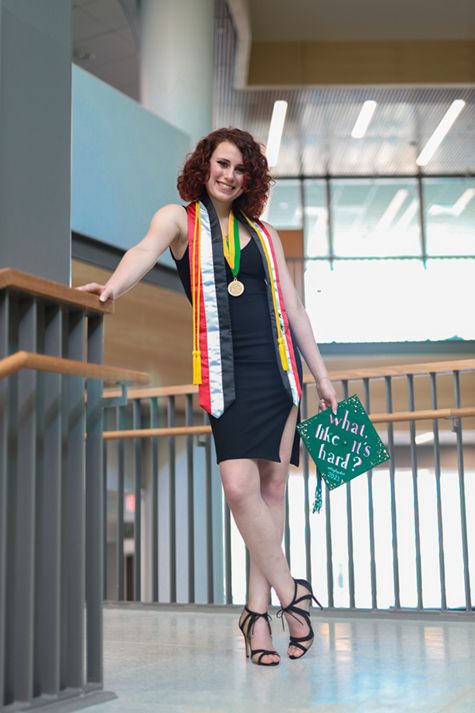Early Career Scientist Spotlight
Natasha Latouf (she/her/hers)
Exoplanet Scientist
Planetary Systems Laboratory (693)
What is your research focus?
My current research focus is atmosphere characterization of exoplanets. Using data from the Hubble Space Telescope (HST), we have been conducting an atmospheric analysis on planet L 98-59 c using the radiative transfer and retrieval tool, Planetary Spectrum Generator (PSG). The additional data incoming from HST and the James Webb Space Telescope (JWST) will enhance our efforts to find definitive detections of atmospheric absorbers. I will also be embarking on a new project focused on benchmarking the noise calculations within PSG with regards to three major telescopes: HST, JWST, and the Nancy Grace Roman Space Telescope.
Did you always know that you wanted to be an exoplanet scientist?
I didn’t always know actually! The research group I was able to join as an undergraduate performed exoplanet research, and, as I delved further into the field, I realized it was where I wanted to stay. My original goal was to become a black hole researcher, all the way back in high school!
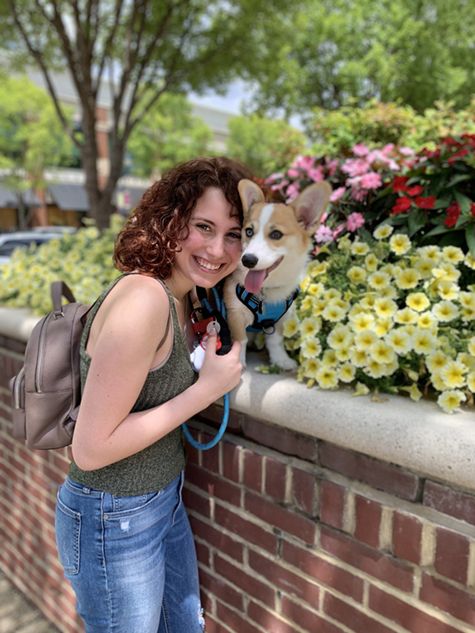
Credit: Natasha Latouf
What aspect of your work are you most passionate about?
What I am most passionate about is actually my work in furthering diversity, equity, inclusion, and accessibility (DEIA) initiatives within STEM. While I love my research focus and I’m very passionate about characterizing new worlds, I believe one of our priorities should be pushing for diversity and equity within our field. I am currently a leader and co-Founder of a student organization named Spectrum, which is completely student-created and student-led. We aim to empower our members which span across all career stages. To do this, we created a series of professional development lunch talks to level the playing ground for all students of all career stages. These lunch talks feature traditional professional development, such as how to build your own website or write your CV, as well as non-traditional professional development, such as toxicity within academia and imposter syndrome, with a variety of speakers. We also have a highly successful mentoring program, and we boast a very large resources section to start all students on an even playing field. This organization, and further developing other initiatives like it, is what I am most passionate about.
How did you end up working at NASA Goddard?
My graduate school application cycle did not go as I had envisioned. In an effort to learn more about all of my available options, I was put in touch with several scientists within NASA Goddard to gather information about post-bacc opportunities, job opportunities, and anything else available. Luckily, I won the NSF Graduate Research Fellowship (GRFP) and decided that the environment at NASA Goddard was where I wanted to be. Now I work with Dr. Avi Mandell and Dr. Geronimo Villanueva, and I’m very glad I ended up here!
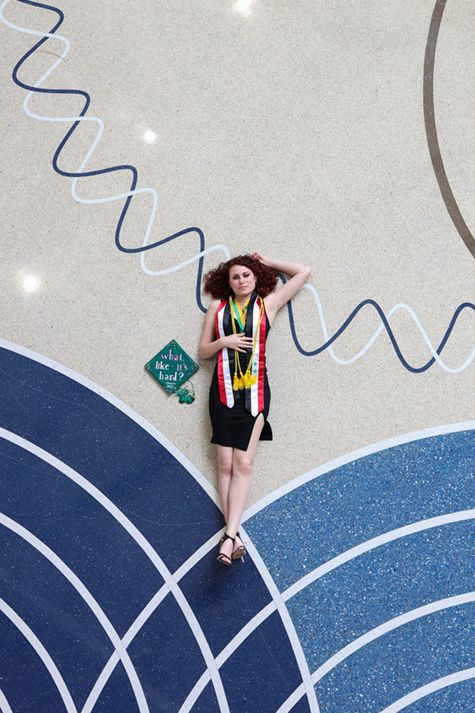
Credit: Haley Nelson
What early career advice do you have for those looking to do what you do?
My advice would be to try and build your community as early as possible. Find a team of people that are your peers that you can go through classes with, rant to, and have fun times! They’ll also be the people most likely to tell you about available opportunities, or about what research they’re doing so that you can learn more about the topic. I wouldn’t have gotten to where I am today without my support system and friendships, and my only regret is not building them sooner!
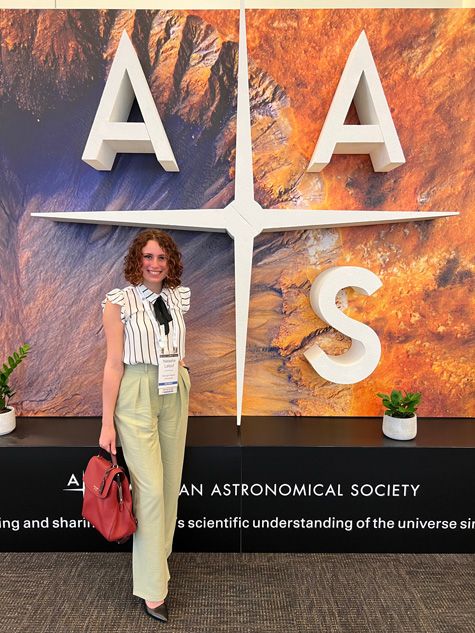
Credit: Natasha Latouf
What is a fun fact about you?
I know how to make a “cat-ucchino” – a cappuccino with foam in a 3D cat form!
What was your first big research achievement?
When I was in my sophomore year, I was able to present a talk about my work at the Extreme Precision Radial Velocities Conference in Switzerland. Not only was it my first ever talk, but it was my first international conference, and it was highly selective! I was the youngest person there by quite a bit – certainly the youngest one presenting.
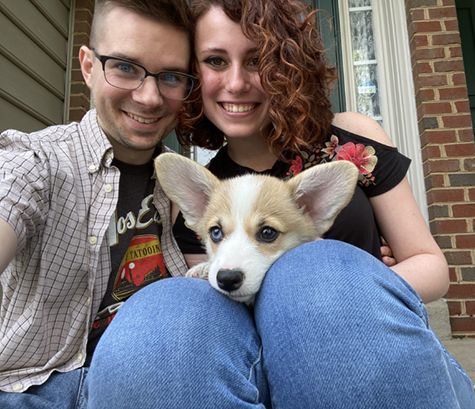
Credit: Natasha Latouf
Biography
Home Town:
Millersburg, Ohio
Undergraduate Degree:
BS in Physics with an Astrophysics Concentration, George Mason University, Fairfax, VA
Post-graduate Degrees:
Ph.D. in Physics (in progress), George Mason University, Fairfax, VA
